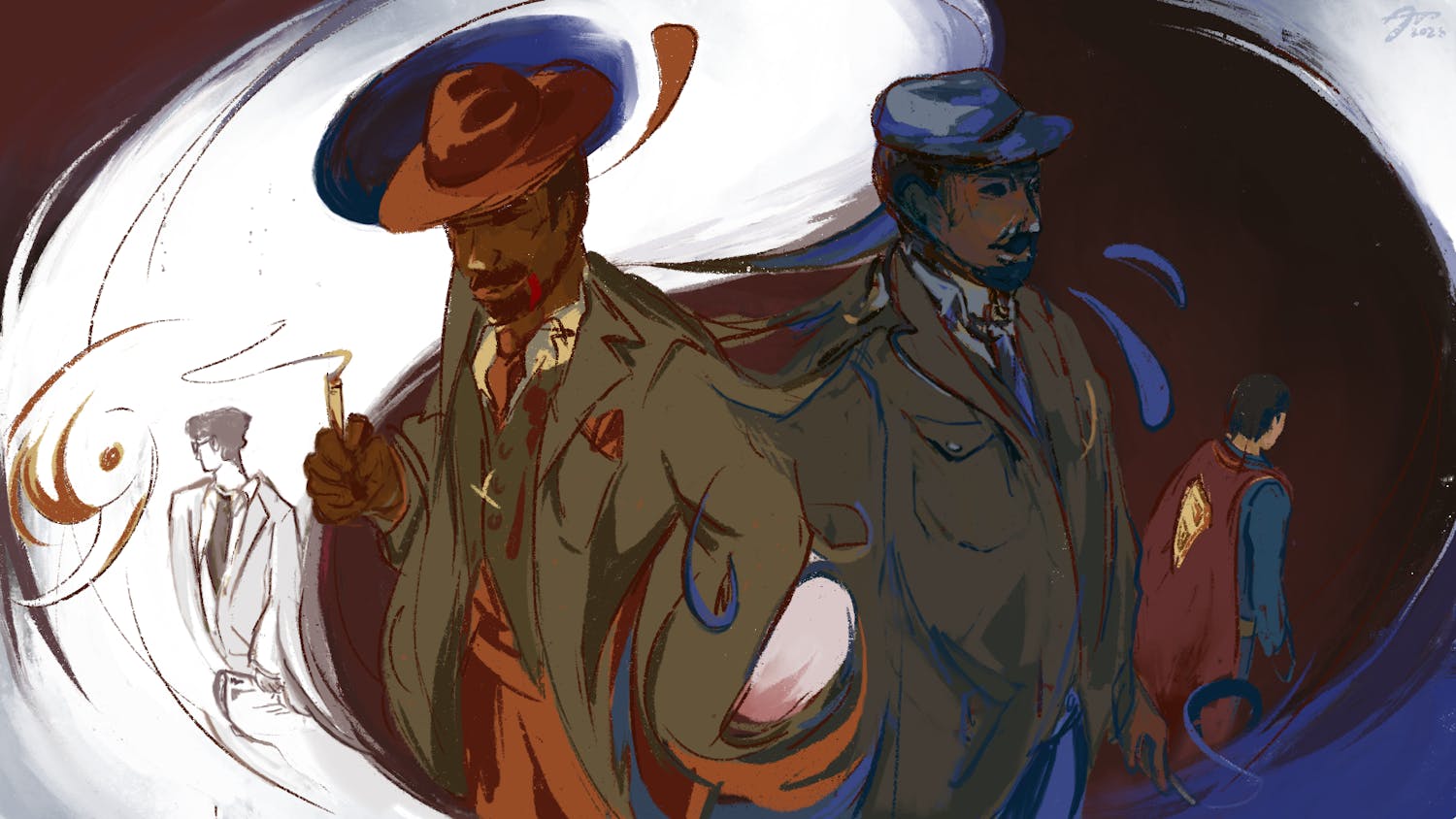Jane Campion’s Bright Star is a romantic period piece about the fated love between poet John Keats (Ben Whishaw) and his neighbor, Ms. Brawne, played beautifully by Abbie Cornish. With a love stifled by social conventions, Keats and Ms. Brawne embark on a painful journey of forbidden love and, ultimately, misery, as Keats succumbs to tuberculosis.
Given Ms. Campion’s impressive resume, the film is disappointingly sappy, meek and conventional. It has little to say about the craft of poetry — with so much focus on Ms. Brawne, the film reduces Keats to caricature, his actions amounting to little more than lying dreamily on the couch or coughing up blood. Nor does the film offer any new insights into feminine psychology. Ms. Brawne is an interesting Austenian-like character, her self-determination reflected in her pursuit of fashion design. Yet her struggles with sexuality and societal hypocrisies are masked by the typical clichés of a love story.
However, despite its lack of depth, the film’s cinematography is gorgeous. The lush evocations of the picturesque London landscape make it easy to see why Keats was so inspired by his surroundings. In fact, nature itself may be the most interesting character in the film, embodying both the beautiful and the fleeting. The romance begins in spring, amidst blooming flowers and flowing grass. But winter is always on the horizon, its harsh weather so devastating to Keats’ fragile health. In one poignant scene, Ms. Brawne lies on her bed, handling beautiful blue butterflies. This moment is devastating, as the sweetness of the scene is tempered by our knowledge of the short lifespan of the insects. Ultimately, these more subtle metaphors enrich the film, but unfortunately they are few and far between, and the movie induces more eye-rolling than contemplation






